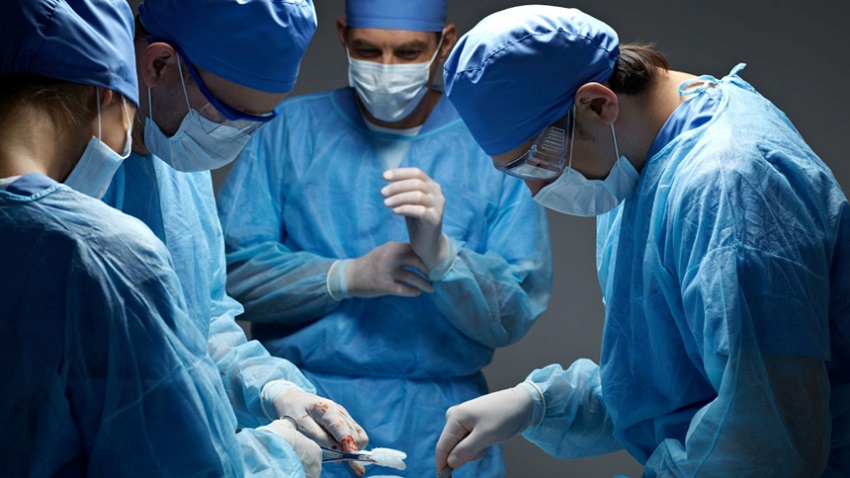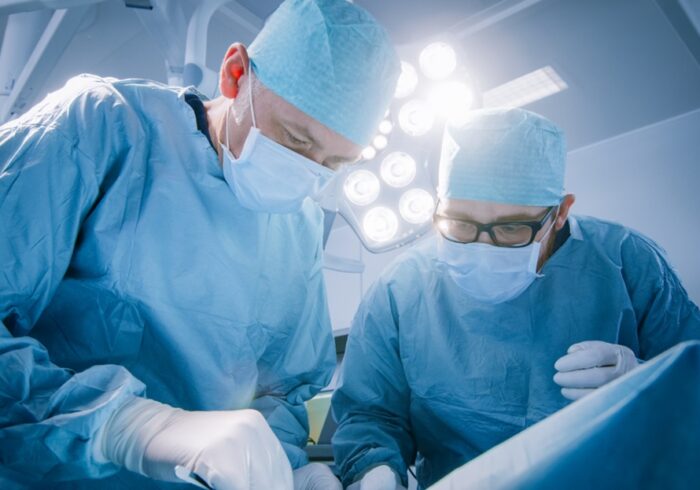You underwent a bariatric surgery expecting that it would help you shed those extra pounds and lead a healthier life, but you’ve started to notice weight gain. It can be quite frustrating and confusing. However, there could be various reasons for this weight gain post-gastric bypass, and understanding these causes can help you get back on track. In this blog post, we will discuss some factors that could be causing your post-surgery weight gain.
1. Inadequate Lifestyle Changes
After gastric bypass surgery, it’s crucial to make necessary lifestyle changes, including adopting a healthier diet and incorporating regular exercise. If you do not adhere to these changes, there’s a possibility that the surgery’s positive effects might not last long. Talk to your doctor and nutritionist about the correct diet and exercise routine. It’s also worth learning more about the foods to avoid after your gastric bypass to optimize your weight loss journey. It will help you to keep your weight in check and reduce the risk of any post-surgery weight gain.
2. Incorrect Eating Habits
To maintain weight loss after a gastric bypass, it’s essential to eat smaller, more frequent meals instead of large, heavy meals. Consuming high-calorie liquids, eating high-fat meals, or grazing on food throughout the day can result in weight gain. Instead, focus on protein-rich foods, fruits, and vegetables, and ensure you’re consuming an adequate amount of vitamins and minerals.
3. Lack of Support
Weight loss is a collective effort and requires continuous support from friends, family members, and professionals. Isolation can lead to emotional disturbances and increase the chances of reverting to old habits. It’s essential to join support groups, attend follow-up appointments with your healthcare team and share your experiences, concerns, and achievements with the people around you.
4. Medical Issues
At times, the reason for weight gain after a gastric bypass could be due to an existing medical issue. Complications or medical conditions such as hypothyroidism, polycystic ovary syndrome (PCOS), or hormonal imbalances must be ruled out. Consult your doctor if you suspect a medical condition to be the culprit behind your weight gain.
5. Mental Health and Emotional Eating
There is a known connection between weight management and mental health. Emotional eating is a common trait found in individuals trying to achieve significant weight loss. After undergoing gastric bypass surgery, it’s essential to keep your mental health in check. Consider counseling or therapy to manage stress, anxiety, or depression that could potentially cause emotional eating.
To Sum Up
Weight gain after a gastric bypass can be frustrating, but it’s not the end of the line. With the right guidance, you can identify the cause of your weight gain and take appropriate measures to manage it. And if you are someone planning for a gastric bypass, in addition to making lifestyle changes, make sure you consult a qualified bariatric surgeon for Roux-en-Y in Maryland to ensure that you receive the best care and support. This way, you’ll be able to maximize the positive effects of gastric bypass and get back on track to being healthy. Good luck!




